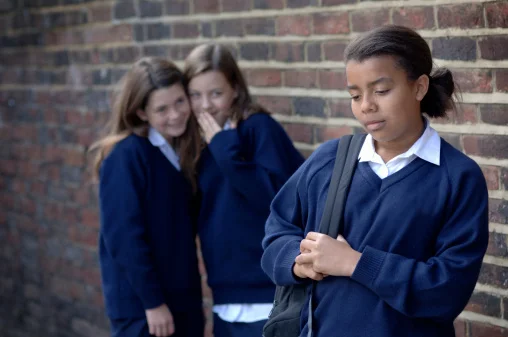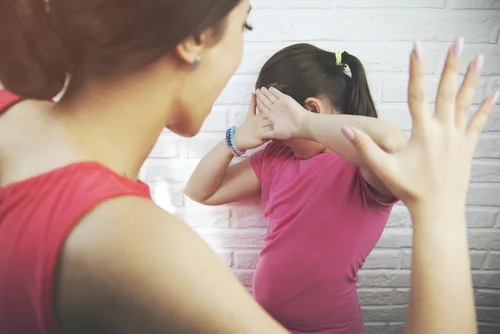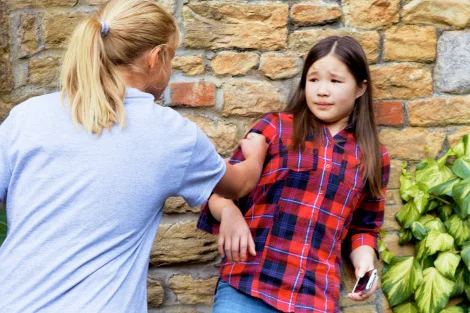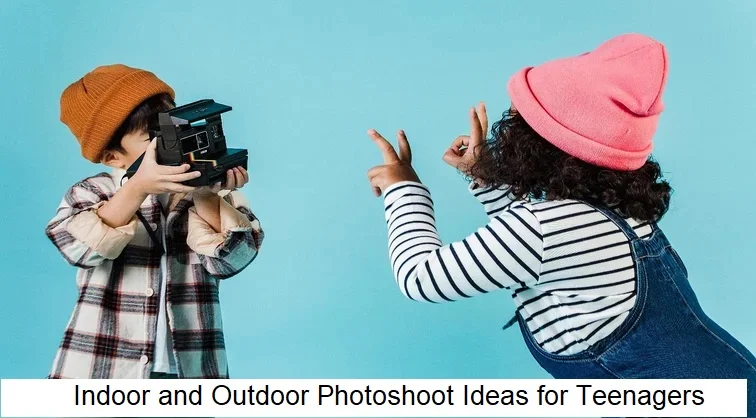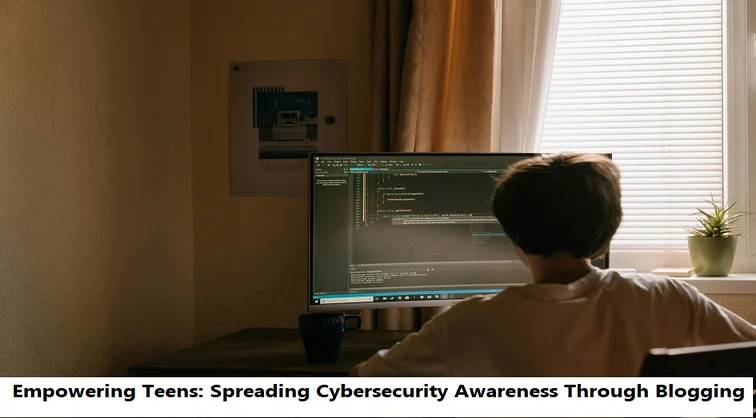+1 845 259 2974 (11 a.m to 7 p.m CST)
Teenage bullying: Reality shows serving as bad influence
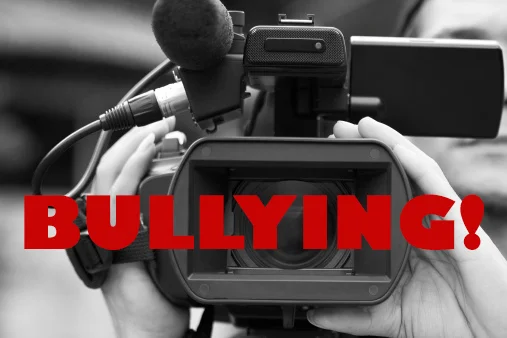
Reality TV programs have been around for quite some time now, holding both young and adult audience captive to their dramatic, unpredictable, and alluring themes. In a bid to entertain people, these shows often forget to take their younger audience into consideration and portray everything from physical to mental and verbal abuse. Bullying on TV shows has grown common over the years, which is a problem worth addressing as recent studies suggest that airing this type of content under the banner of “reality TV” has induced aggression and bullying in its young audience.
The distortion of reality and endorsement of bullying
If one is seeking answers to how to prevent bullying, it is important to correctly identify the perpetrator. There is a huge variety of reality TV programs and to say that all of them are guilty of endorsing bullying would be a fallacious assumption. Unfortunately, some of the most popular shows such as Gordon Ramsey’s Hell Kitchen, The Apprentice, and America’s Next Top Model are among the perpetrators of bullying in form of mental harassment and verbal abuse. Some reality TV shows such as Jersey Shore and Bad Girls Club go a step further by adding physical violence to the mix, thus making an even more disastrous impact on the minds and lifestyle of teenagers. According to a study by researchers at Brigham Young University, US, reality TV programs contain 85 verbal attacks, insults and snide remarks on average each hour, which is almost twice that of what is present in dramas, soaps and comedies.
Soaking up the wrong ideas and attitudes
For adults, the content of reality TV programs may not be that damaging because despite what they are watching, they know better as to how the real world works and people normally interact. Adolescents, on the other hand, lack this experience and therefore are susceptible to confusing fiction and entertainment for reality. Having limited exposure and experience, teenage viewers build their perception of the real world on these shows and may start believing that bullying, etc. are not just acceptable, but in fact are prerequisite to get ahead of others, especially in competitive situations. Studies have found that a heavy majority of young people believe that reality TV shows, especially competition shows are real and unscripted. Rather than limiting it to entertainment, they may start using the glamour of these shows as role models in order to try and achieve the same level of popularity or success, thus adopting the behavior of participants or judges and exhibiting it in their everyday life and interactions. With some of the shows heavily emphasizing on physical attributes of contestants, e.g. America’s Next Top Model, kids may also think little of being superficial and actually start attacking other kids with hurt words based on their appearance.
The role and responsibility of parents
With the correlation between inappropriate content in reality TV programs and bullying among teenagers continuing to become more evident, parents need to step up their efforts to ensure that their teens aren’t picking up bullying from such shows. One way is to review the shows first to determine whether the content is age-appropriate before letting their kids watch it. If the appeal and reputation of the show is too strong for the kids to resist, parents should watch it with them and remind that that it’s not reality, but in fact scripted entertainment for financial and rating purposes. They can also use the programs as opportunity to instill empathy in kids by giving voice to the emotions of contestants or participants being bullied.
Some reality TV show makers seem to consider bullying an important ingredient of entertainment, ignoring the fact that they may inadvertently be teaching it to their younger audience, who then take what they’ve learned with them to their classroom and playground. The hurt these kids inflict do not just disappear after a season finale or once the TV is switched off.



